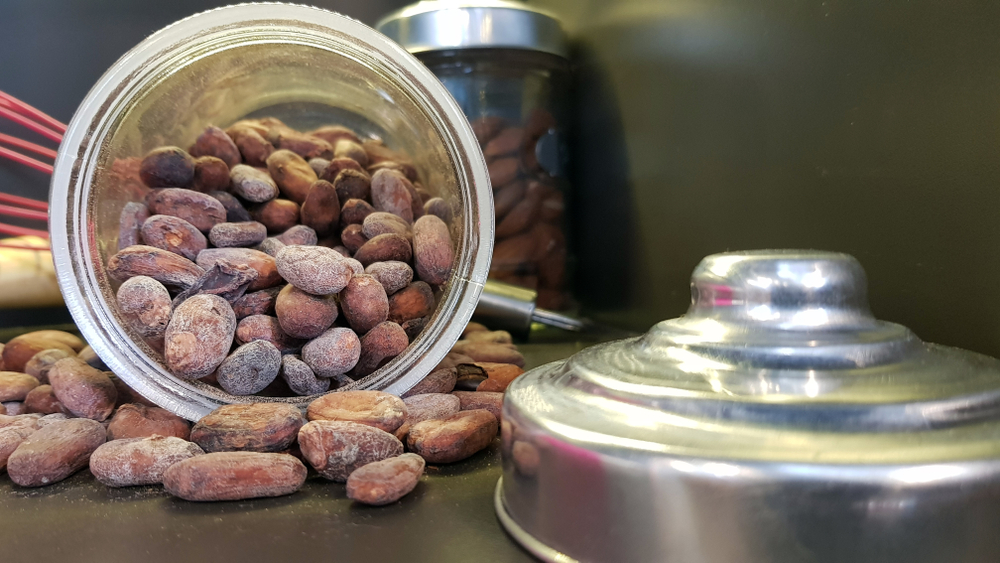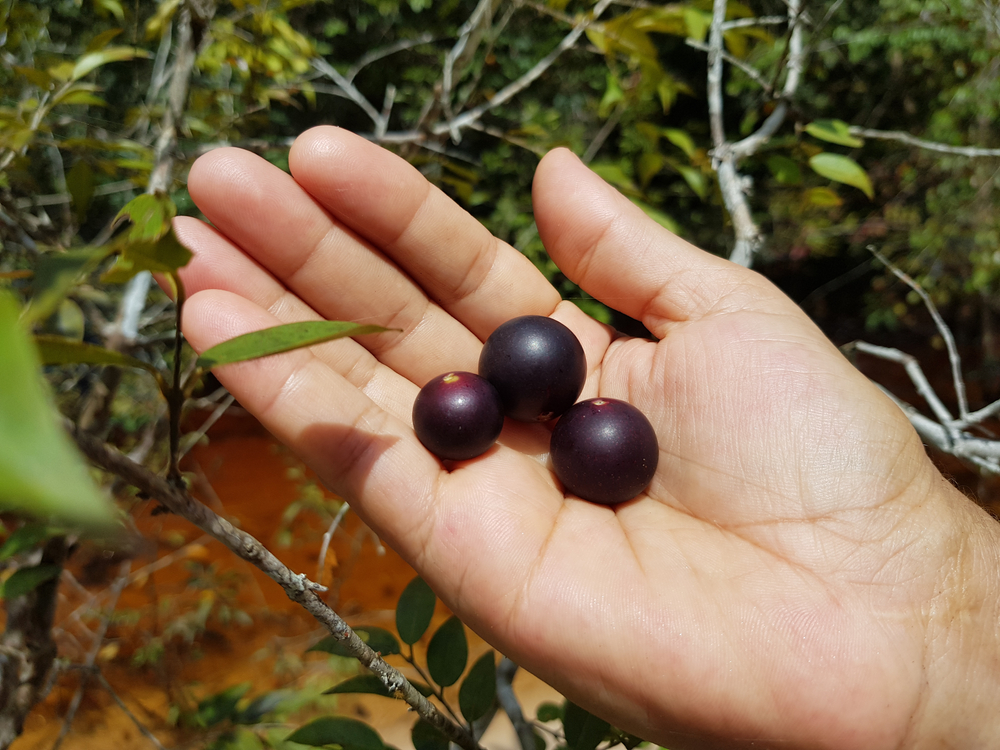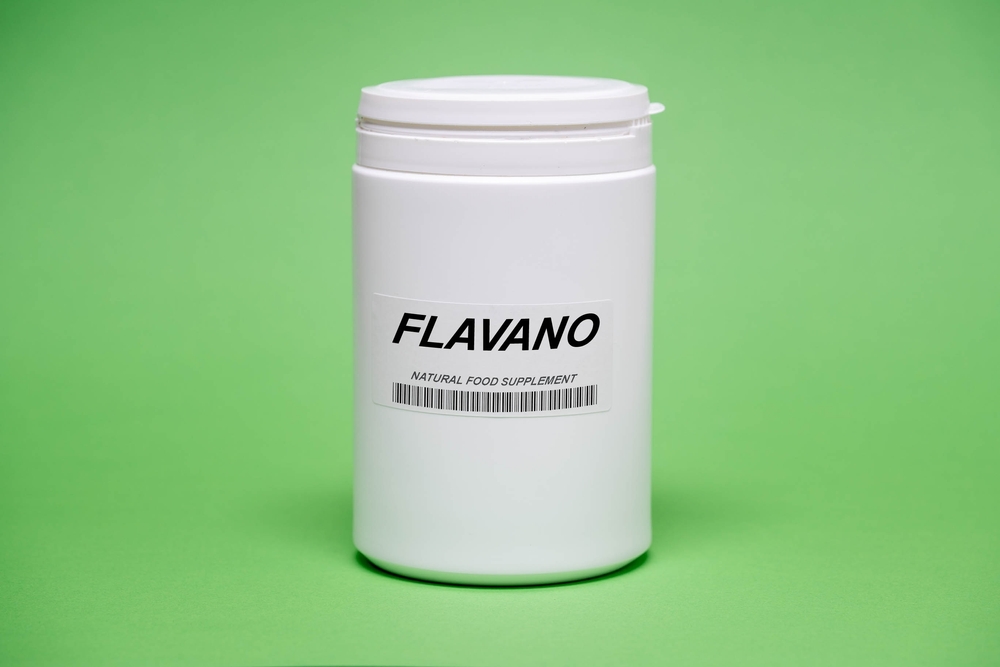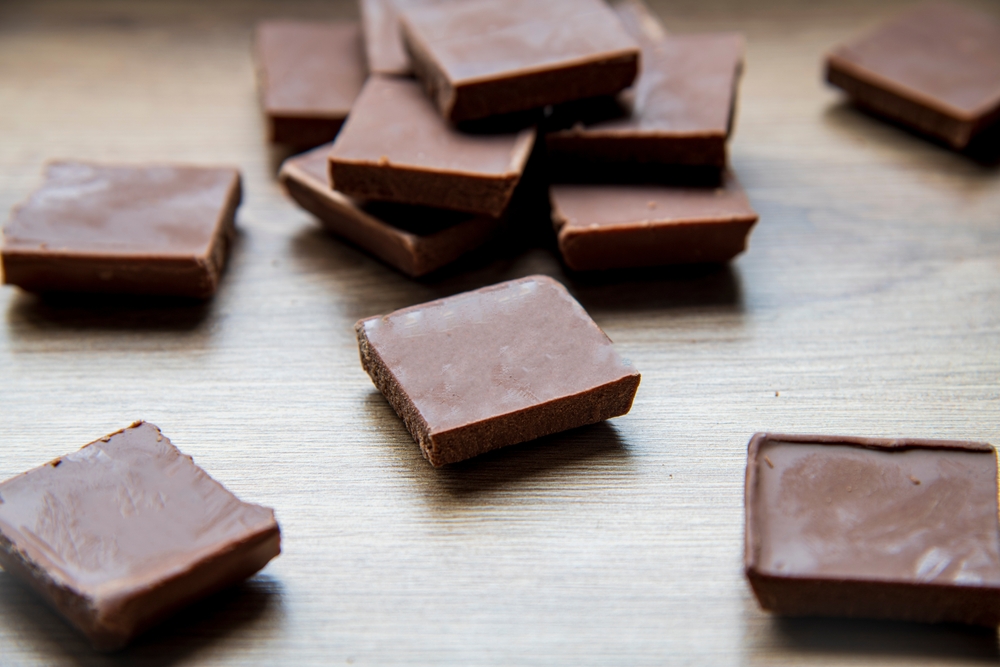The older we get, the more we become conscious of protecting our brains. While there are plenty of ways you can exercise your brain to keep it sharp, diet is one of the most important factors in keeping your brain healthy as you age. A recent study published in the Proceedings of the National Academy of Sciences found that diets low in flavanols may contribute to age-related declines in memory.
Low Flavanol Diet May Contribute to Memory Decline

Flavanols are a type of antioxidant found in many foods, including cocoa, tea, and berries. They have been shown to have a variety of health benefits, including improving cardiovascular health and reducing inflammation. This recent study focused on the cognitive health of 3,500 healthy men and women who were 60 years of age or older. The study was large-scale, randomized, double-blind, and placebo-controlled. The researchers divided the group in half, and then over the next three years gave them a 500mg/day cocoa flavanol supplement or a placebo. (1)
Over the course of these three years, the researchers measured the participants’ cognitive function using a series of tests. They found that the group on the flavanol supplement didn’t perform any better on the tests than the group on the placebo. Where they did see results, however, were in the subgroups.
Read More: Certain Dietary Habits May Be Behind Colon Cancer Rise in Young People, Experts Theorize
High Flavanol Diets Matter

One of the subgroups of this study, however, did show significant improvement in the flavanol supplement. This group was those who had scored for the lowest-quality diet. For those not getting proper nutrition through their diet, they saw significant improvement on memory tests. The researchers also tested for the biomarker that helps to measure flavanol levels. Those with the lowest levels also saw significant cognitive improvement.
What does this tell us? Not that you should be taking a flavanol supplement, per se, but rather that you should be eating a healthy diet with flavanol-rich foods in it. Foods high in flavanols include (2):
- Cocoa powder and dark chocolate
- Walnuts and almonds (in particular, the skins of these nuts are high in flavanols)
- Apples and blueberries
- Red grapes
- Green tea
- Broccoli and spinach
More On Flavanols

Flavanols are also known as polyphenols. They’re a type of antioxidant that helps to protect your body from free radicals. Free radicals are molecules that attack healthy cells, damaging them over time and causing a host of health problems like cancer, heart disease, and diabetes. Flavanols may also help to lower blood pressure and improve insulin resistance. They can even increase the production of nitric oxide, which helps your body relax and dilate blood vessels so that more oxygen-rich blood can flow through them.
Flavanols are a type of flavonoid, which are plant compounds that help to protect the plant’s leaves from UV damage and prevent them from drying out. The more sun a plant is exposed to, the higher its level of flavonoids will be. This is why most high-flavanol foods are plant-based. This is also why foods in which you are consuming the actual leaves, such as dark leafy greens or green tea, are so high in this antioxidant.
Read More: Psoriasis and Eczema Sufferer Created Diet That ‘Cured Her’ and is Helping Thousands of Sufferers
Limitations of the Study

While these findings are certainly intriguing, it’s important to note that the study has several limitations. First, researchers noted that the randomization process was somewhat limited, which could have skewed the study’s findings. In addition, the study included a predominantly white, highly educated female population. This might limit the generalizability of the findings to the wider population. The authors noted that future studies should include participants from more diverse backgrounds. Study author Doctor Scott Small said:
“Given the importance of the conclusions, additional studies are needed to validate further and confirm that dietary flavanols are nutrients vital for the aging brain:
- Test the flavanols in people who have a more dramatic deficiency than those in our current study (in which, based on the flavanol biomarker, people were only mildly deficient.)
- Better understand the precise mechanisms by which flavanol deficiency causes memory decline.” (3)
The Bottom Line

Despite these limitations, the study provides some interesting insights into the potential benefits of a high-flavanol diet. If future research confirms these findings, it could have important implications for the prevention and treatment of age-related cognitive decline. In the meantime, individuals may want to consider incorporating more flavanol-rich foods into their diets as a way to support their cognitive health.
Read More: How A Dietary Change Became One Woman’s Long Searched Answer For Eczema
Sources
- “Dietary flavanols restore hippocampal-dependent memory in older adults with lower diet quality and lower habitual flavanol consumption.” PNAS. Adam M. Brickman, et al. May 30, 2023.
- “Flavonoid-rich foods (FRF): A promising nutraceutical approach against lifespan-shortening diseases.” NCBI. Alhamzah Hasan Waheed Janabi, et al. February 2020.
- “Low-flavanol diets may contribute to age-related memory loss.” Medical News Today. Jessica Norris. May 31, 2023.

